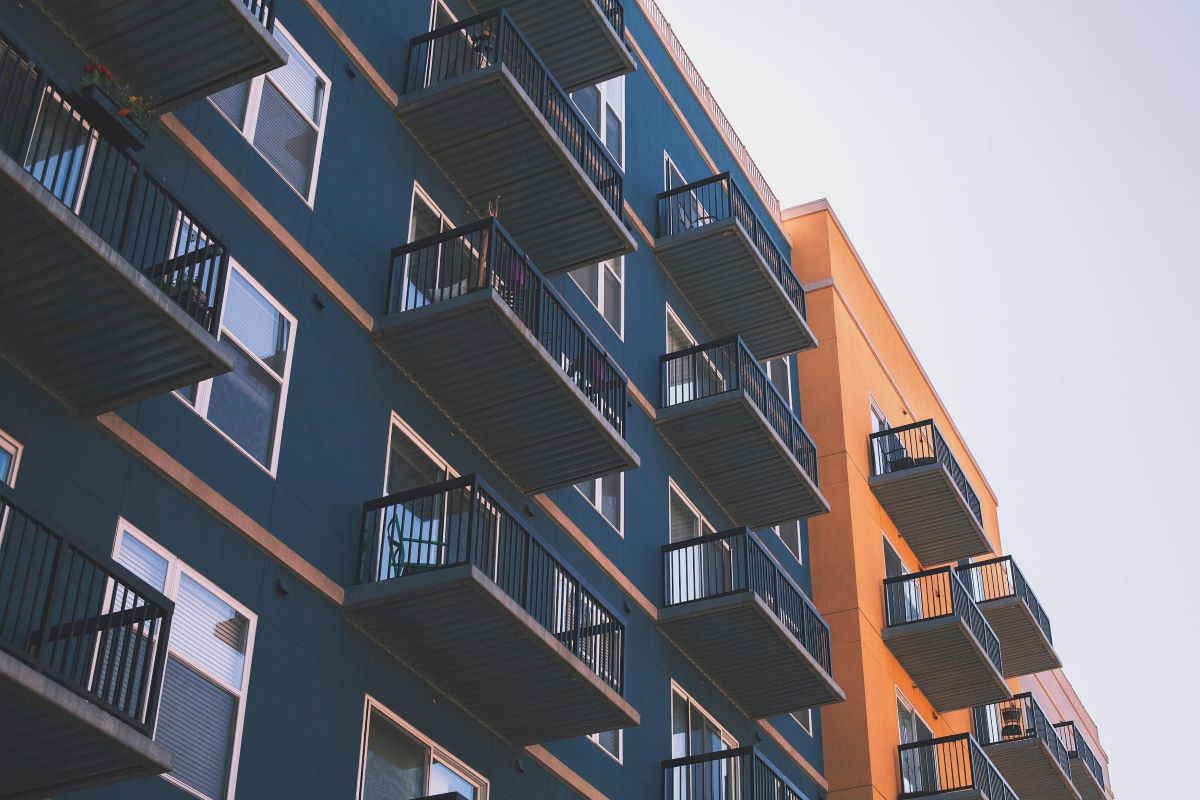Apparently, It Is Possible
In a twist that will leave reasonable people scratching their heads, it’s recently come to light that screening out social housing applicants who are too poor or too vulnerable has become somewhat of a common practice among landlords in the United Kingdom.
Because of this, the homeless people who most desperately need affordable housing are being denied access to it.
Just How Widespread is the Problem?
According to research from the Chartered Institute of Housing, screening out applicants for newly available housing is a widespread practice. This phenomenon is likely a result of the dwindling availability of social homes, which housing associations and local authorities alike feel compelled to ration.
In many of these cases, it was a perfect storm of worsening conditions for our homeless neighbours that cost them access to affordable homes.
The dual objectives of providing housing for those who need it most and ensuring a sustainable tenancy are often at odds. But in this situation, it seems the sustainable tenancy side is pulling ahead. As a result, some of the most vulnerable social housing applicants are left in the dust.
What’s Causing This Phenomenon?
The system of universal credit was a huge factor at the time the research was done. It found many nominees were denied housing because of the high possibility of rent arrears after moving onto the system, with bedroom taxes and benefit caps looming large.
Some landlords have asked prospective tenants to supply the first month’s rent upfront to avoid the 5-week wait that precedes the first universal credit payment. This requirement was a hardship, if not a total impossibility, for many homeless applicants.
Still others were rejected based on unmet mental health needs and addiction problems, most likely due to recent NHS cuts. Cuts to housing support services have also left people out on the streets as landlords regarded them as high-risk and rejected them.
As you can see, it’s a bad time to be homeless in the UK. The factors making one most in need of social housing are the same ones keeping one out of it.
We Need More Affordable Housing
These rejections are all stemming from the fact there is not enough affordable housing available in the UK. If there were, we wouldn’t have to judge applicants and determine who will be able to establish a more sustainable tenancy and who is more deserving of a home.
We need to move toward a system wherein everyone who needs housing can get it, and quickly. This draconian system of withholding help from those who need it most must end.
There is a deficit of 4.75 million homes in the UK. Four million of those are needed in England alone, and the number is growing all the time. It’s growing because we aren’t doing enough to keep ahead of it and haven’t been for quite some time now.
To catch up, we need to build 380,000 more homes per year in critical areas across Great Britain. Until we can do that, these pre-tenancy screenings will continue to leave the most vulnerable among us homeless.
What We Can Do in the Meantime
Obviously, building several million more homes is going to take some time. Luckily there are measures we can take in the interim.
First, we must build homes in the right quantity, with the right amenities, and in the right places. Become active politically and in your community to make sure this happens.
We also need to ensure the few social homes we do have are safe, comfortable, and adequate. Many are simply not up to snuff. The aftermath of the Grenfell Tower tragedy brought this fact to light. We must listen and respond to tenants’ concerns about living conditions, and be proactive in addressing issues.
There must be a balance between providing housing to those who need it and ensuring tenancies are sustainable. Lately, the pendulum has been swinging toward the sustainable tenancy side of things at the detriment of the people.
We must push for measures that prevent landlords from abusing their power to deny housing to those who need it.
We must challenge the stigma associated with social housing, both in our day-to-day interactions and in the media. Stereotypes persist about social housing as well as the people who live there, and they are both harmful and inaccurate.
According to CIH, “Social housing tenants are frequently portrayed as choosing to live on social security – when, in fact, 43 per cent of working age tenants are working – committing tenancy and benefit fraud and perpetrating anti-social behaviour. Their homes and the surrounding estates are presented as being of poor quality and run-down – yet 30 per cent of privately rented homes fail the DHS compared to 13 per cent of social housing. Politically, this has been used to justify the reduction in funding social housing and giving priority to other forms of housing tenure, in particular home ownership.”
And if you’re not willing to do these things?
I guess the question we all need to answer is the one central to CIH’s study:
“Are we happy to live in a society which is failing to provide a safe, decent and affordable home for everyone who needs one?”












